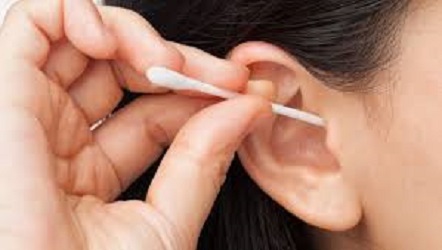
We all love to get out and work in the yard, start a building project outdoors, or just relax in the sun during the summer months. We however forget to always prepare ourselves for the sun’s rays and heat. Hyperthermia, (heat-related illness) is common when we overdue it. We at On Call Medical Clinic want to make you aware of what the illnesses can be from becoming overheated as well as the symptoms to be on the lookout for.
Hyperthermia is overheating of the body. This occurs as a result of heat exposure. Here are heat-related illnesses.
- Heat Stroke
- Heat Exhaustion
- Heat Cramp
- Heat Syncope (fainting)
- Heat Rash
Heat Stroke is the most severe of all heat-related illnesses and this requires immediate medical attention.
The elderly, infants and young children, the obese, outdoor workers, and those with chronic medical conditions are at increased risk.
Signs and symptoms of heat-related illnesses vary based on the condition, but they include the following
- An elevated body temperature
- Headaches
- Nausea
- Weakness
- Dizziness
- Fainting
- Muscle Cramps
- Seizures
- Confusion
- Coma
Treatment includes moving the individual out of a hot environment. Implementing cooling measures, rest, and rehydration.
According to the Center for Disease Control and Prevention, there were 7,415 deaths due to heat-related illnesses in the USA from 1999 to 2010, which is an average of 618 deaths per year. So, become overheated is not something to take lightly.
The key to preventing heat-related illnesses is proper planning and preparation. Taking in increased amounts of fluids, wearing appropriate clothing and sunscreens are always helpful.
If you have any of the above heat-related symptoms, we at On Call Medical Clinic are here 7 days a week to help. Please call us at 228 818-5115, one of our medical staff is ready to answer your call and set up an appointment. You are also welcome to visit our website at www.oncallclinic.com to review all the medical services we offer.



